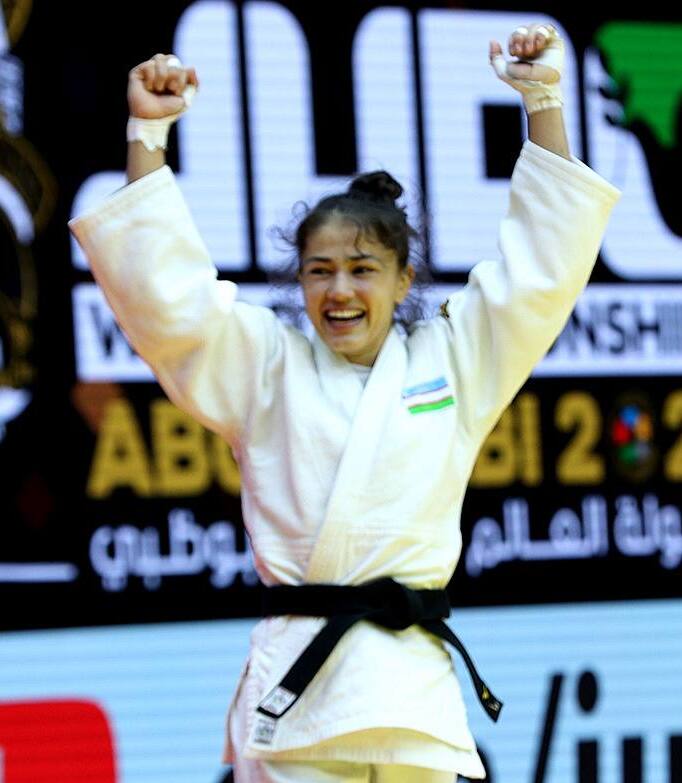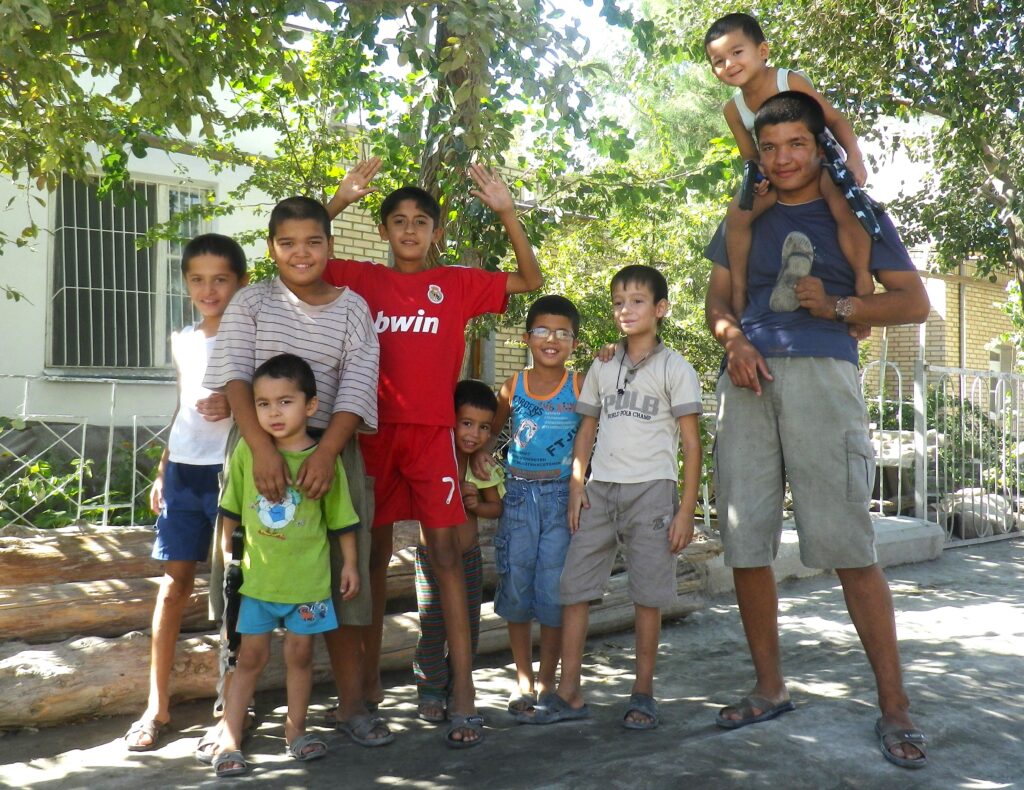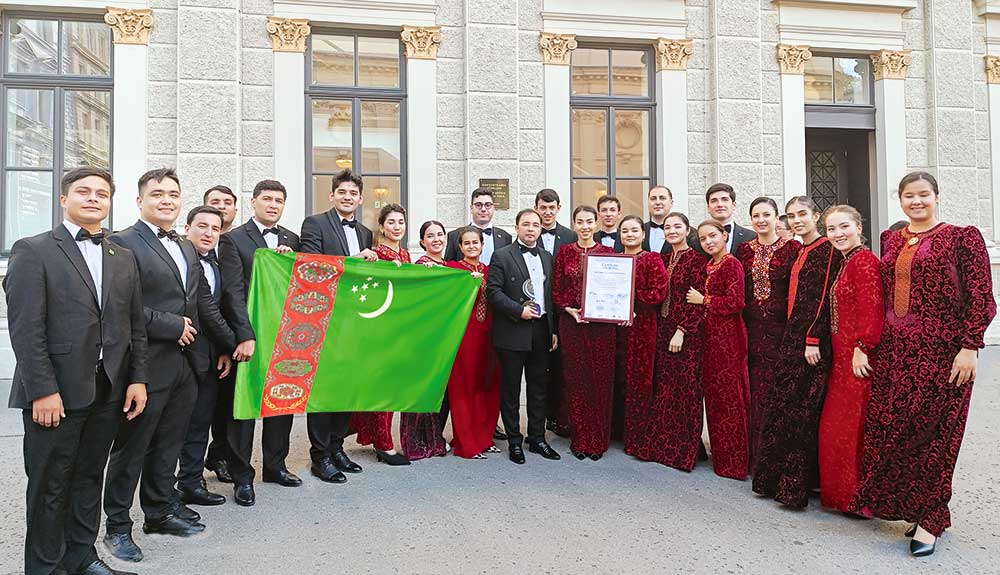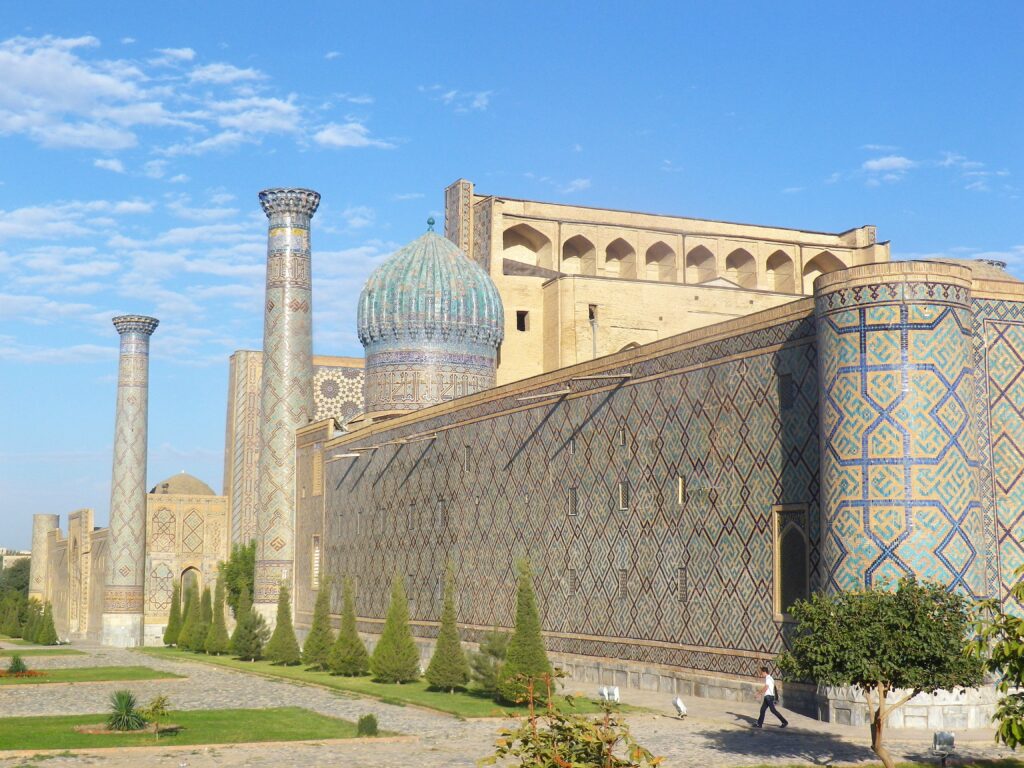Central Asia Picks Up Golds as Olympics Near Second Week
Diyora Keldiyorova, who became Uzbekistan’s first Olympic champion in judo, says she has an even bigger goal. “To change the life of women in Uzbekistan is my mission,” Keldiyorova said, according to the International Judo Federation. The Uzbek sensation spoke after her victory in the 52-kilogram class at the Paris Olympics on July 28. It was an extraordinary achievement for an athlete from a country without much of a tradition in women’s judo. On her way to gold, Keldiyorova defeated Uta Abe, the gold medalist at the last Olympics in Tokyo and a four-time world champion. The Uzbek’s win over Abe “may very well be remembered as one of the biggest upsets of these Olympic Games,” olympics.com reported. Abe was distraught after the defeat. Among those congratulating Keldiyorova was Timothy Smart, Britain’s ambassador to Uzbekistan. He said “it is a medal which shows all girls in Uzbekistan, that they can achieve anything they want!” “Olgʻa, Oʻzbekiston!” Smart said - Let´s go, Uzbekistan. -- Another gold medalist in judo from Central Asia was Kazakhstan’s Yeldos Smetov, who defeated home favorite Luka Mkheidze of France in the 60-kilogram class final. Smetov, 31, won silver at the Olympic Games in Rio de Janeiro in 2016, and Kazakhstan put him on a postage stamp to celebrate. Then he won bronze in 2021 at the Tokyo games, which were delayed from the previous year because of the pandemic. [caption id="attachment_21130" align="aligncenter" width="221"] Yeldos Smetov; image: Post of Kazakhstan[/caption] “Nothing is impossible,” Smetov said after winning gold in Paris, according to Kazakhstan’s Olympic committee. “I achieved this goal on the third attempt.” Smetov, who has been performing at a world-class level for many years, attributed the longevity of his career to family and knowing the limits of his body. “After each competition, I spend all my time with my family, not thinking about sport. I am also careful with the bigger injuries; I never go back to competition until fully recovered. A lot of rest is necessary especially when a career is this long," Smetov, who has five children, told the International Judo Federation. “The first day of this Olympic Games brought my gold for Kazakhstan and the second brought Diyora’s gold for Uzbekistan, so this is already an incredible games for Central Asia," Smetov said. -- The Paris games were a disappointment for one of the world’s top tennis players, Alexander Bublik of Kazakhstan, though. Russia-born Bublik lost 4-6, 4-6 to Taylor Fritz of the United States in the first round of the singles. He and his partner, Aleksandr Nedovyesov, fell by the same score in the first round of the doubles to the Brazilians, Thiago Monteiro and Thiago Seyboth Wild. “It was an honor to represent Kazakhstan at the Olympics once again,” Bublik said on Instagram. He is currently ranked 25th in the world. Another Kazakh tennis star, world No. 4 Elena Rybakina, had said just before the games that she was sick and would not participate. “After the Wimbledon tournament, I fell ill...






